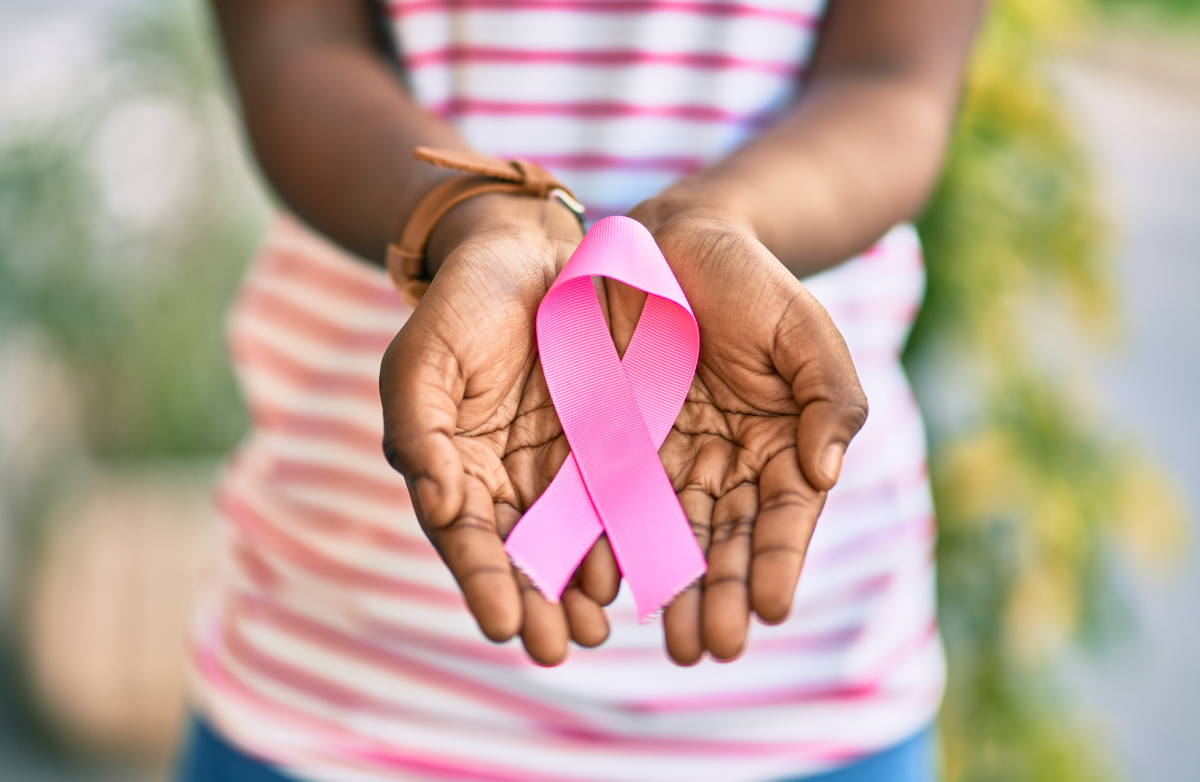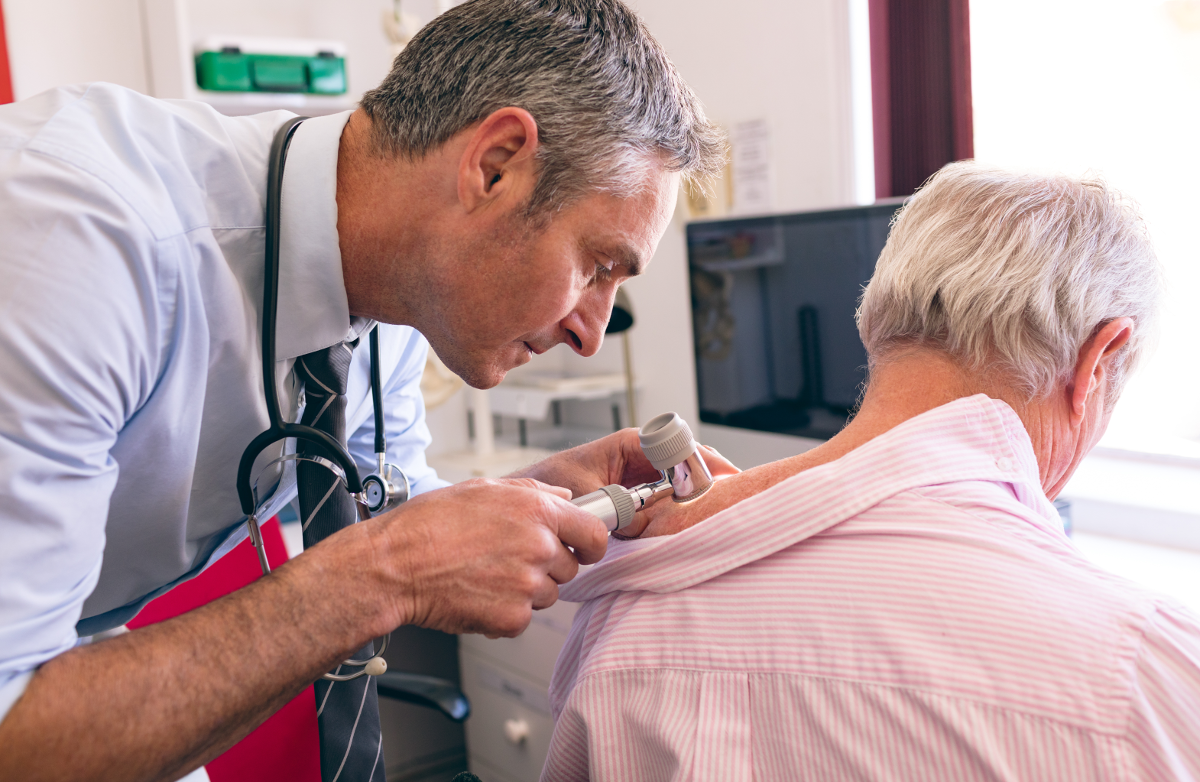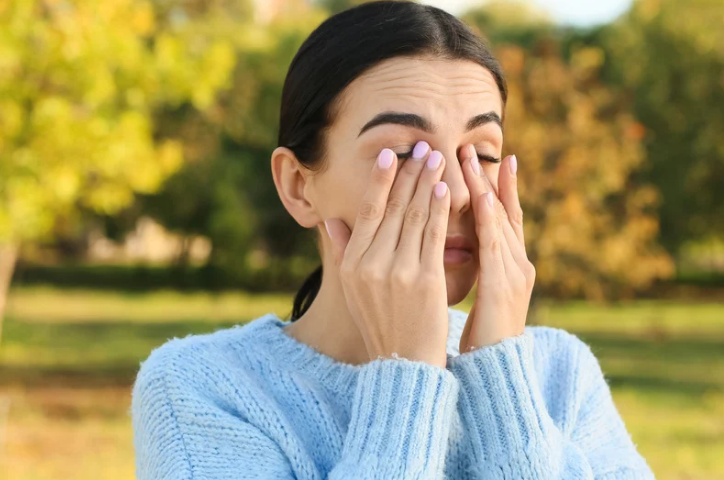
For decades, October has been recognized as National Breast Cancer Awareness month. This is the time of year when the familiar pink ribbons and, in more recent years, pink in general becomes more prevalent in our communities and in the media. Why does breast cancer awareness get so much attention?
Breast cancer is the most commonly diagnosed cancer in females worldwide. In the United States, breast cancer is the second most common cause of cancer-related deaths in women (after skin cancer) and is the number one cause of death in women ages 40 to 59. What this means for you is that most of you either know someone directly or indirectly affected by this potentially life-threatening disease. In fact, one in eight women will be diagnosed with breast cancer in their lifetime, according to government statistics.
The Importance of Early DetectionBefore we learn about what you can do to protect yourself against breast cancer, I want to stress the importance of early detection. How to prevent breast cancer will be the focus of many discussions regarding breast cancer this month, but despite your best intentions and lifestyle modifications, you or a loved one may still develop the disease. Many of the most significant risk factors for developing breast cancer are not in your control, including family history, sex and age. I want you to understand that if you have these risk factors, you are at a higher risk of developing breast cancer but that the presence of risk factors will not predict if you will get breast cancer. The best weapon that we have in this fight so far is early detection.
Thanks to early detection, many women go on to live long lives. Do monthly self-exams and get your screening mammograms. Screening mammograms typically start at age 50, but some women may need to start earlier based on medical or family history. Check with your physician by age 40 to determine your screening requirements, as it will be different for every woman. Early detection is crucial to survival. Every discussion about breast cancer needs to start with this critical reminder.
Now that we have some very important business out of the way (early detection, self-exams, mammograms) we can discuss some of the risk factors from breast cancer and what you can do to modify your risk of developing the disease.
Risk Factors for Breast Cancer
What are some of the risk factors for breast cancer? There are many proposed risk factors, some more strongly associated than others. Many of the risk factors are non-modifiable (meaning that you have no control over them) and others are modifiable. Please visit the Centers for Disease Control and Prevention's website for more information.
Risk factors for breast cancer (from the CDC):
- Age and sex
- Early first menstrual period (before age 12)
- Late menopause (after age 55)
- Older age at birth of first child
- Never giving birth
- Not breastfeeding
- Personal history of breast cancer or some non-cancerous breast disease
- Family history of breast cancer (mother, sister, daughter)
- Treatment with radiation therapy to the breast/chest
- Being overweight (increases risk for breast cancer after menopause)
- Long-term use of hormone replacement therapy (estrogen and progesterone combined)
- Changes in the breast cancer-related genes BRCA1 or BRCA2
- Using birth control pills, also called oral contraceptives (traditionally older formulations that contain much higher levels of estrogen)
- Drinking alcohol (more than one drink per day)
- Not getting regular exercise
What Can You Do?
What are some of risk factors that you control, at least to some extent? Diet and exercise are two very important factors that you can control. What these two risk factors have in common is that they are linked by the hormone estrogen.How does estrogen play a role in breast cancer? Excess estrogen has been implicated in the development of breast cancer. In women, the more ovulatory menstrual cycles in her lifetime the more exposure to estrogen she has. But, did you know that fat actually produces estrogen, as well? As they age, obese women, and especially obese postmenopausal women, have an increased risk of breast cancer. This is likely due to the excess fat, which increases estrogen exposure. Estrogen levels do decline with menopause, but if you are obese, you are still producing excess estrogen through your excess fat cells.
What about hormone replacement therapy? If possible, discontinue or use short-term hormone therapy. Speak to your physician about the risk versus benefits of continued use of hormone replacement therapy and your risk of breast cancer.
What about exercise and breast cancer prevention? Exercise is very important, as well. Women who exercise have a lower risk of breast cancer, a correlation that is possibly due to exercise decreasing estrogen levels. Women who exercise tend to have lower BMIs and, therefore, less fat for excess estrogen production. Excess fat stored on your body can produce excess estrogen which can increase your risk for breast (and other) cancers.
Does alcohol use play a role in developing breast cancer? Yes, moderate alcohol use (more than one drink per day) has been identified as a risk factor in the development of breast cancer.
Breast cancer information can feel overwhelming, so use the advice of doctors to help navigate any questions you may have. The main takeaway from this article, I hope, will be that early detection is key, so start doing self-exams today and remember to schedule your mammograms! Doctor's orders!












